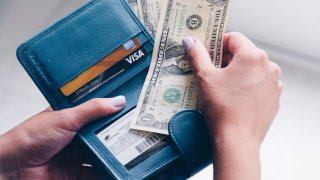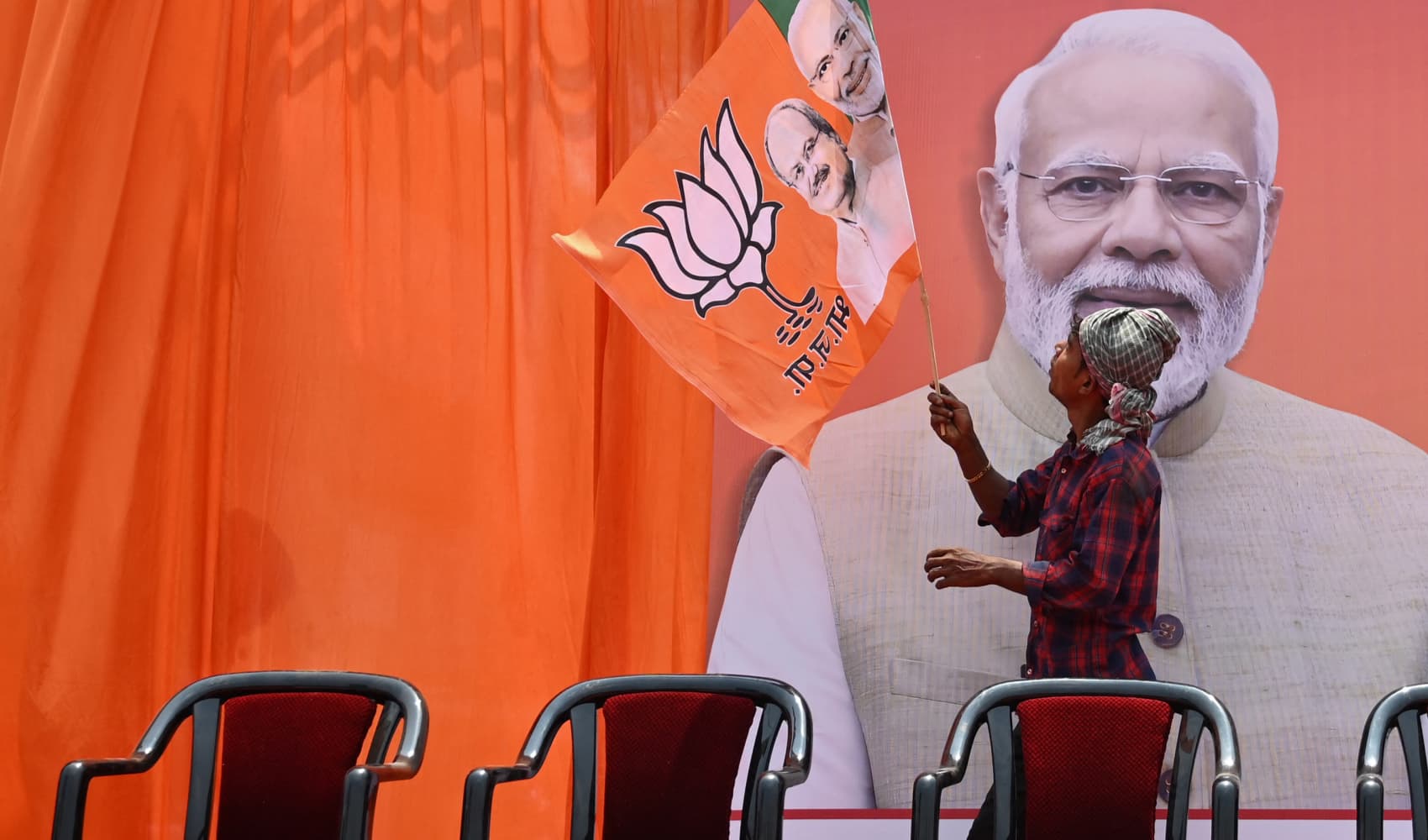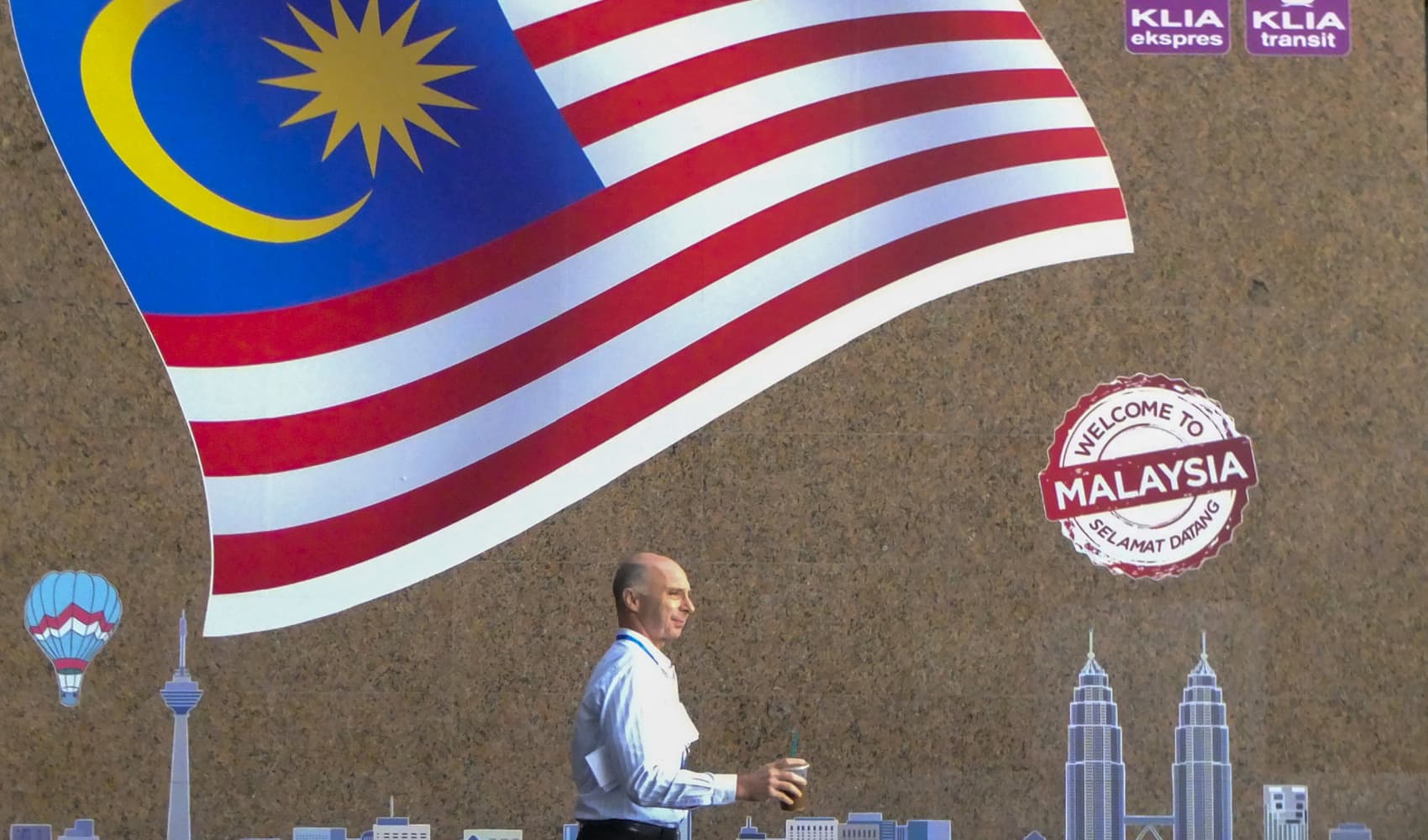
The Covid-19 pandemic is expected to cause a drastic decline in cash usage due to the risk of contamination.
"Over the past six to eight months, we've seen the use of cash decline even further, and that's a trend I think that we're going to see continue," said Jodie Kelley, CEO of Electronic Transactions Association.
The unprecedented surge in the demand for contactless payment has also led to outstanding performances for major companies offering cashless methods, such as Apple, Square and PayPal. Dan Schulman, the CEO of PayPal, sees it as a sign that digital payments are shifting from "being a nice-to-have capability to a must-have essential service."
"When the pandemic hit, people really started paying attention to how literally they were spending money and people found that they didn't want to touch cash and exchange cash," Kelley continued.
There has already been a significant decrease in cash usage over the past few years. Nearly a third of U.S. adults said they typically make no purchase using cash during a week, according to a study by Pew Research Center.
Millennials are the ones leading the charge toward a cashless future. A report from Experian in 2019 revealed that 1-in-10 millennials use their digital wallet for every purchase. Pew Research also found that about 34% of adults under the age of 50 make no purchases in a typical week using cash.
Younger generations point to convenience as the main reason for switching from cash to contactless payments. "Not that I was using cash that much before, but I find that during Covid especially, I just don't want to use cash as much because of the germs aspect," explained Heima Sritharan, a cashless consumer.
Money Report
Despite the rise in demand for contactless payments, many states and cities in the U.S. have passed laws banning cashless stores.
"There is a significant correlation between the use of cash, prepaid, debit, high-end credit and wealth, and there's a huge correlation between wealth and race," warned Aaron Klein, policy director at the Center of Regulations and Markets at the Brookings Institution. "Our payment system is geared toward helping the wealthy and charging the poor."
Those within the industry maintain that the future of contactless payments remains promising. "I think we accelerated where we were going to be in three to five years. And in months, we jumped ahead, and I don't think there's any turning back from that," said Schulman.






